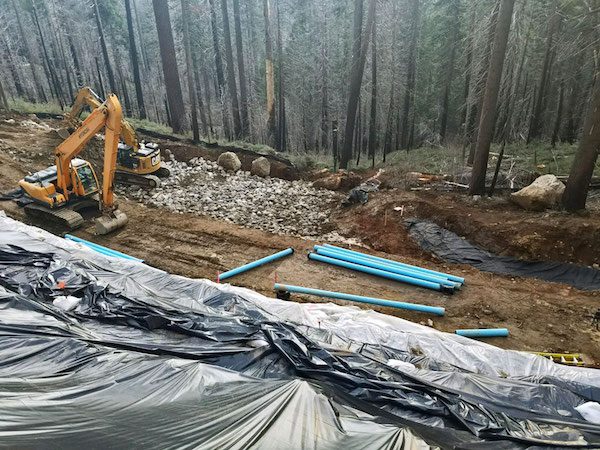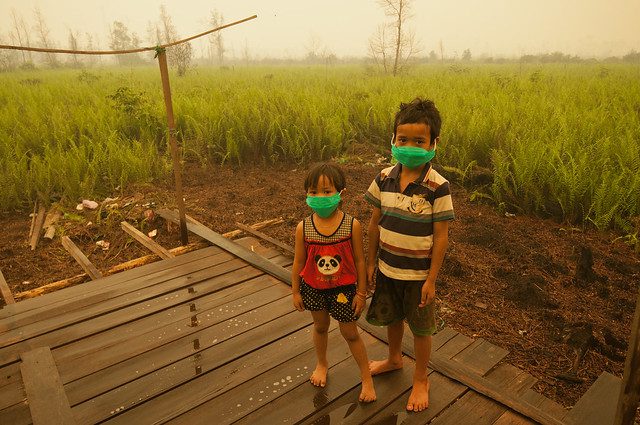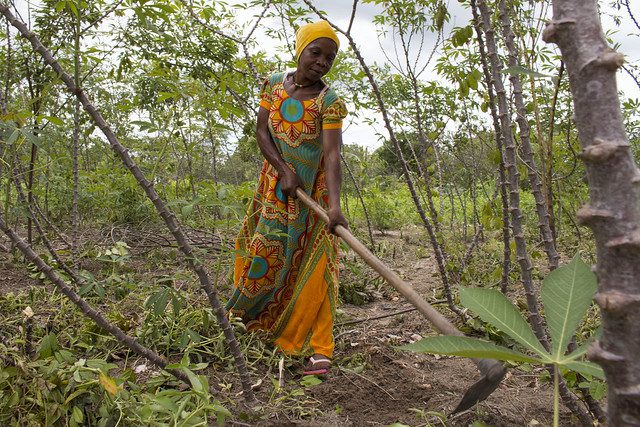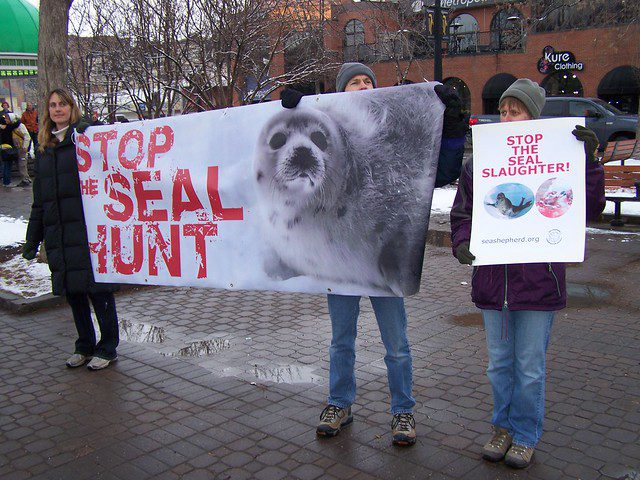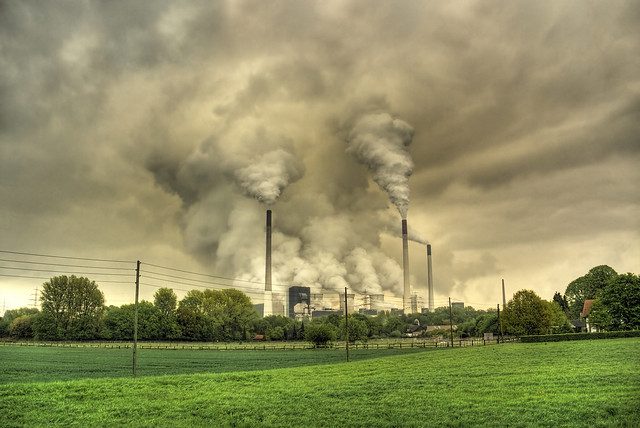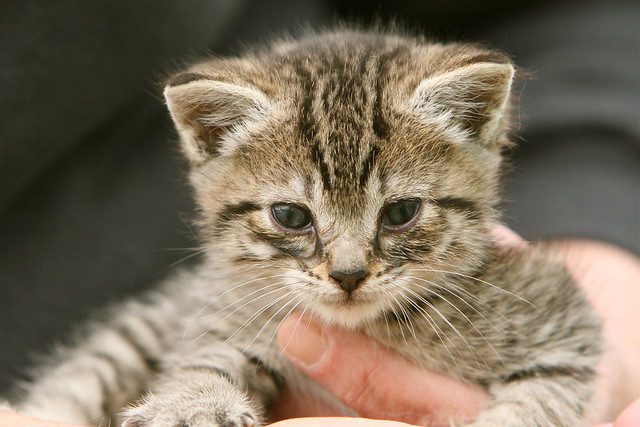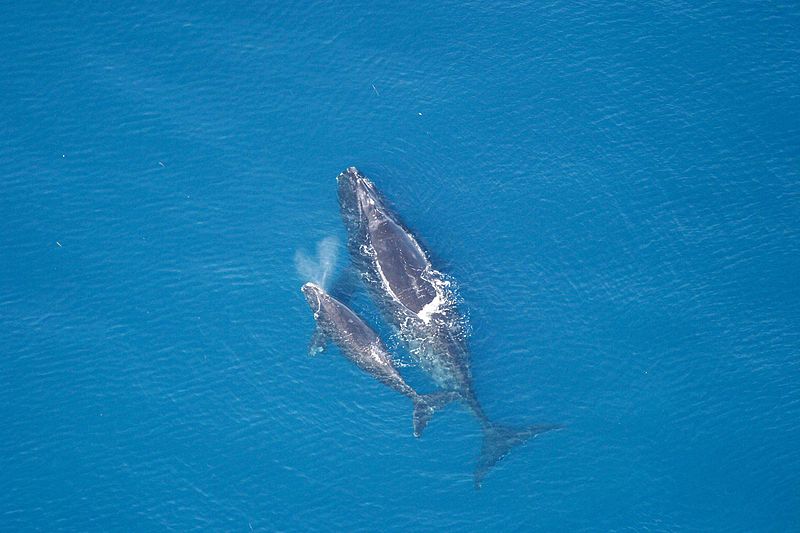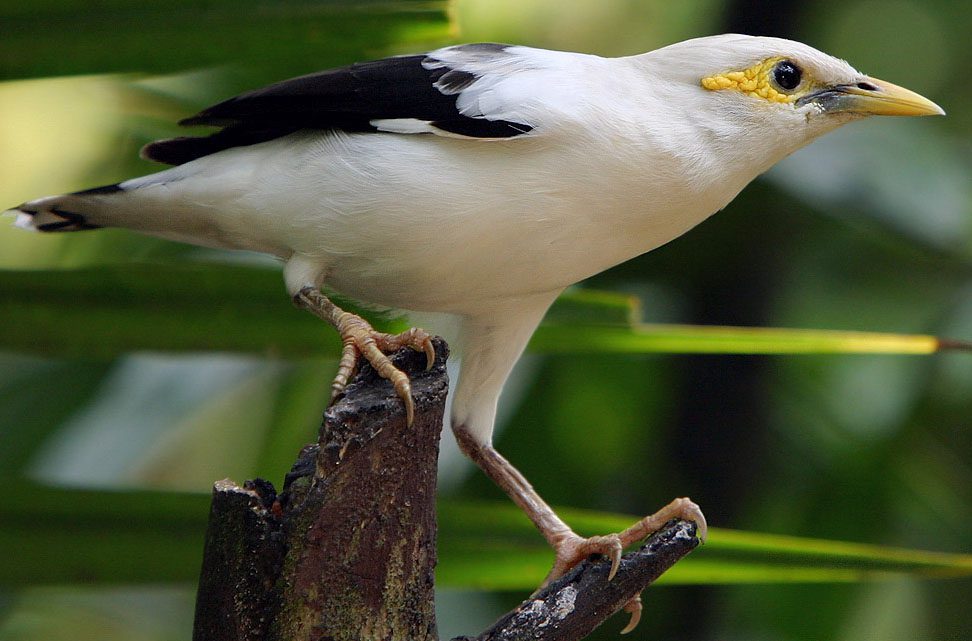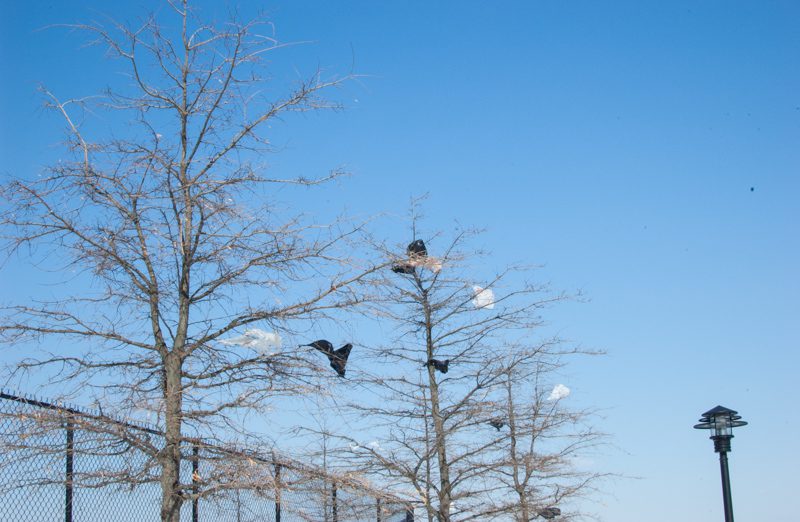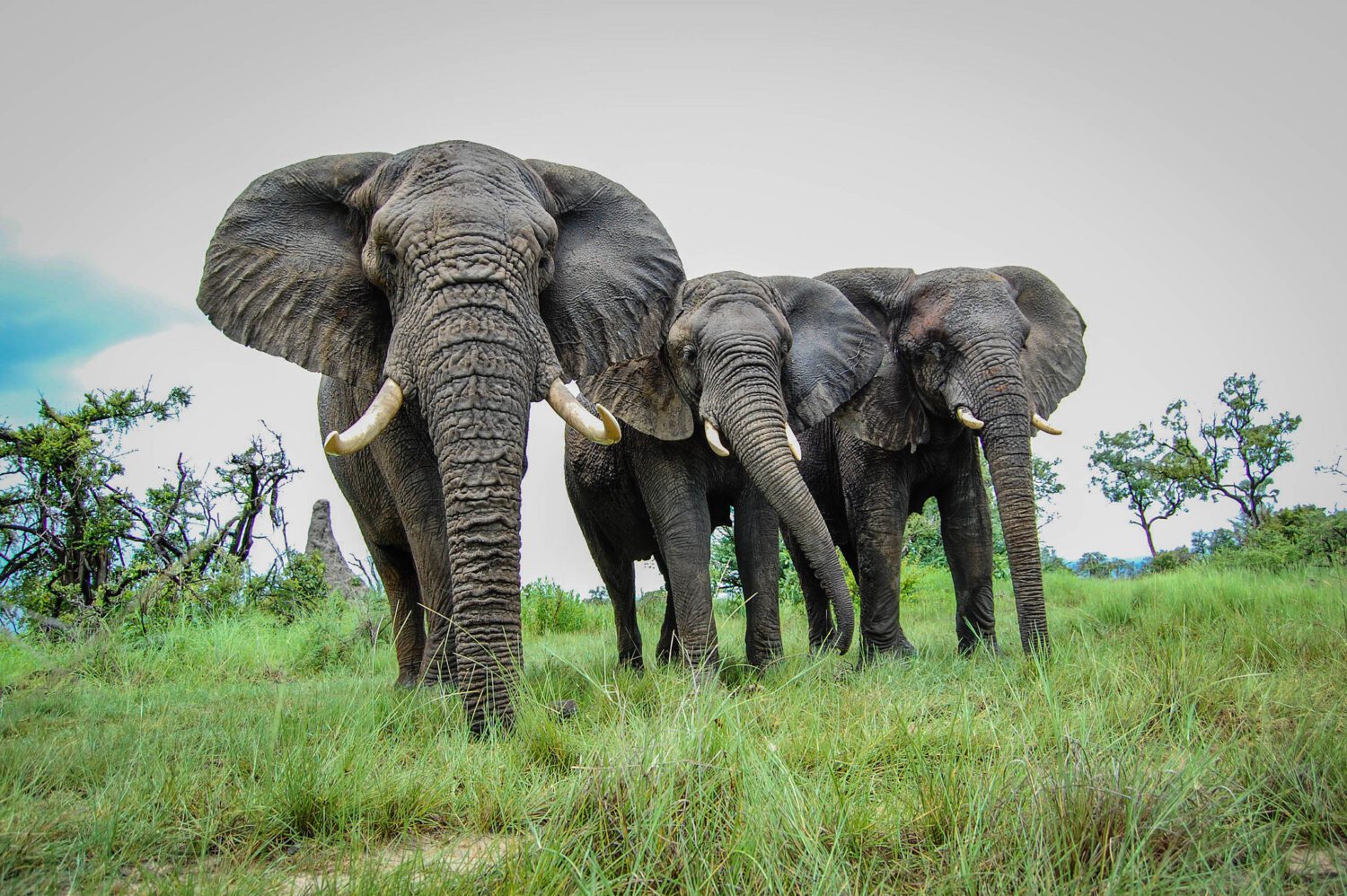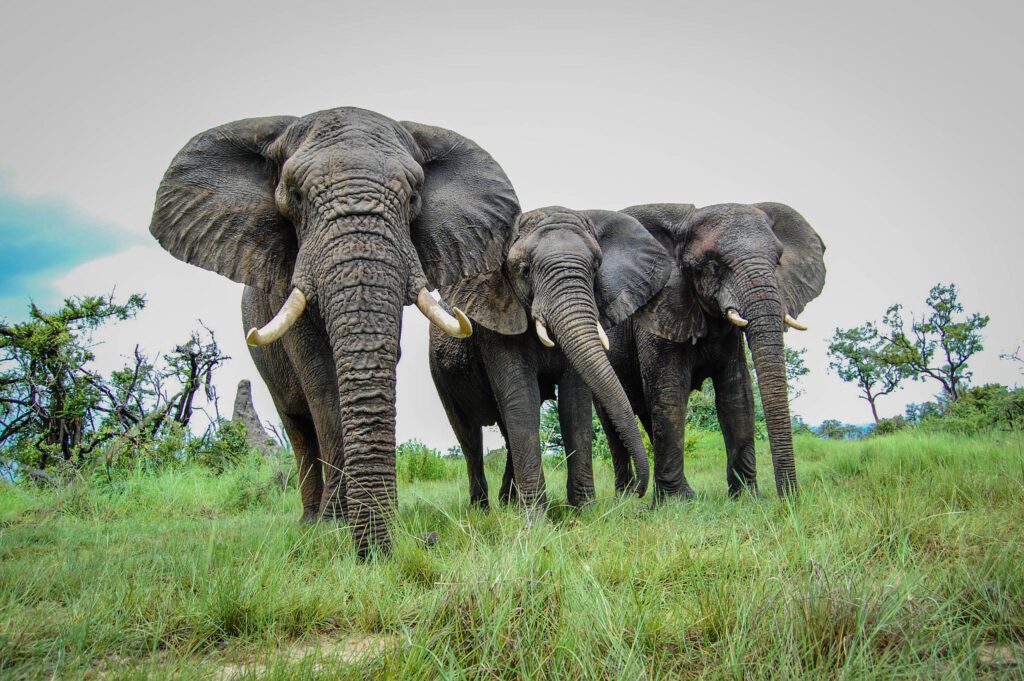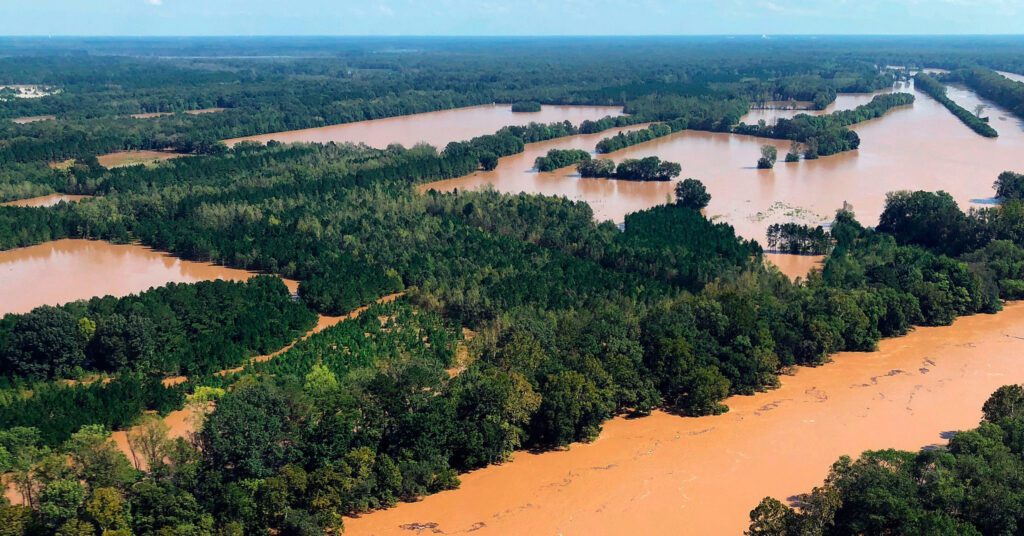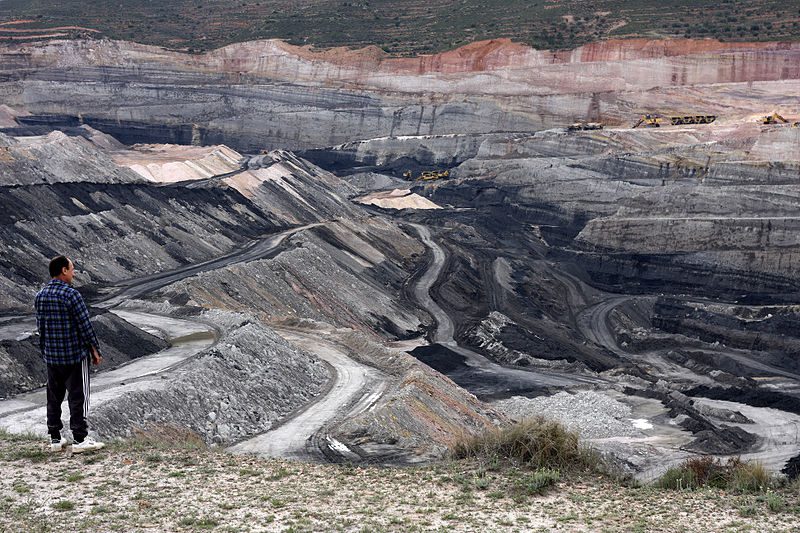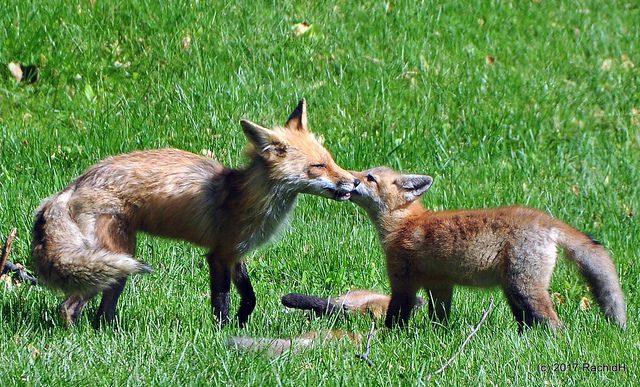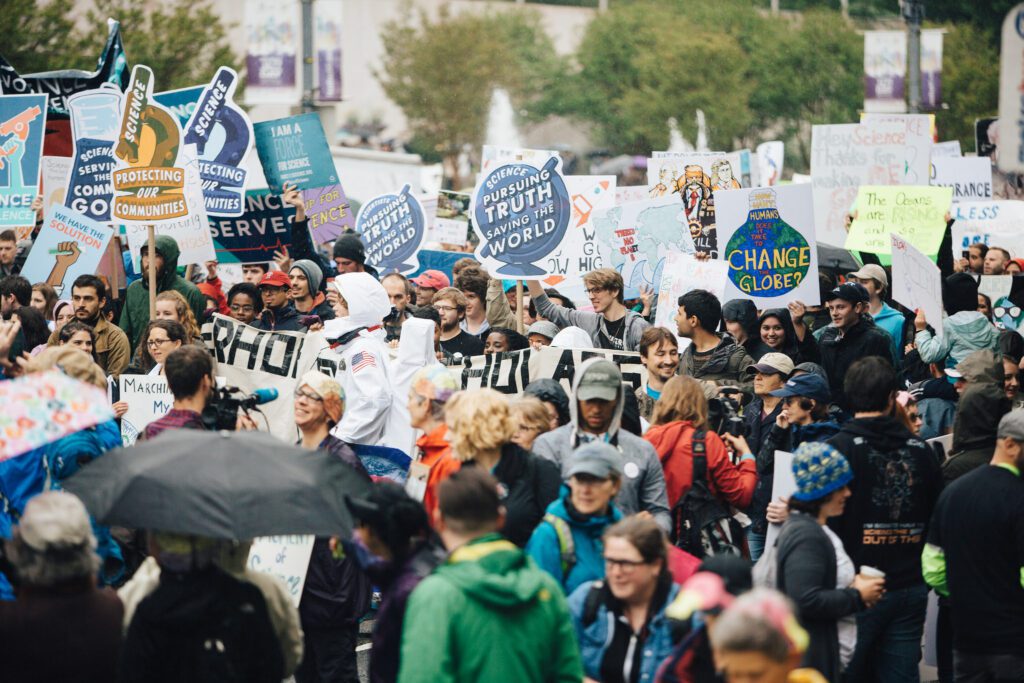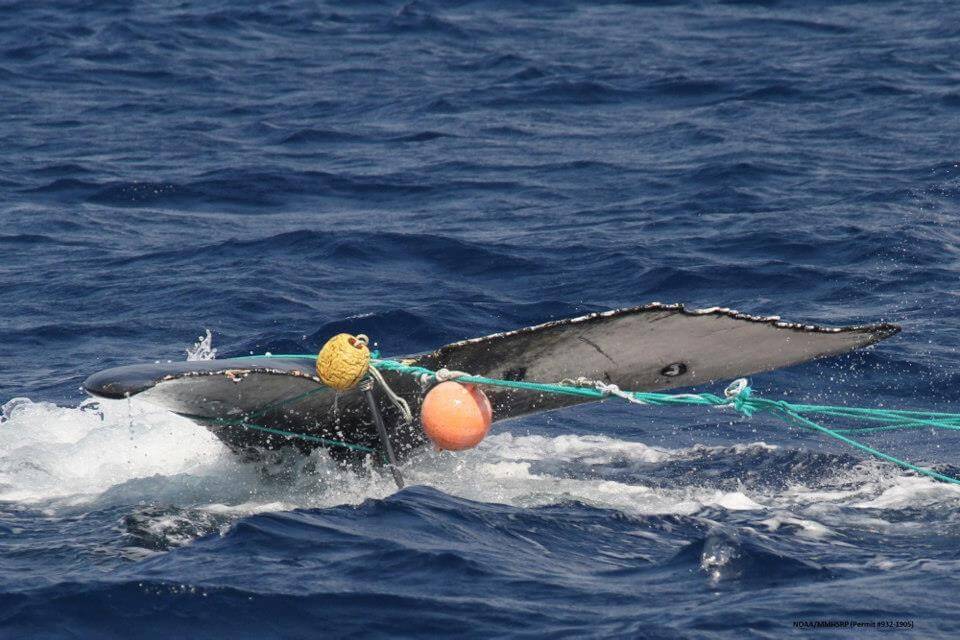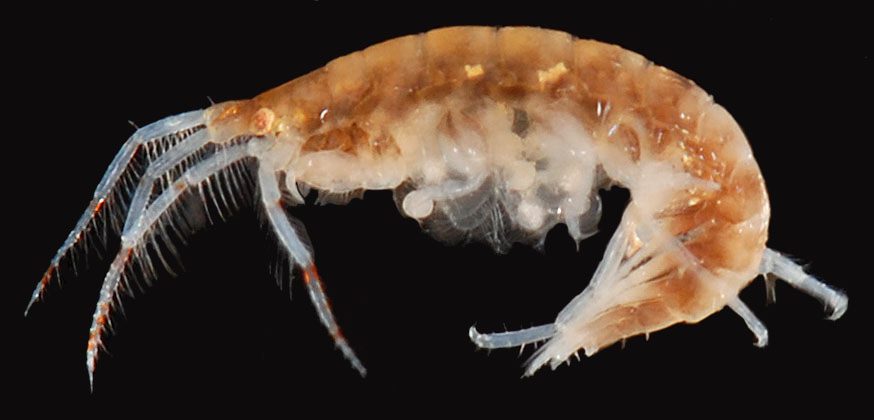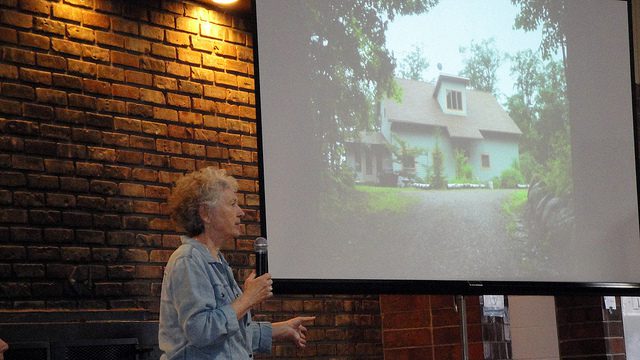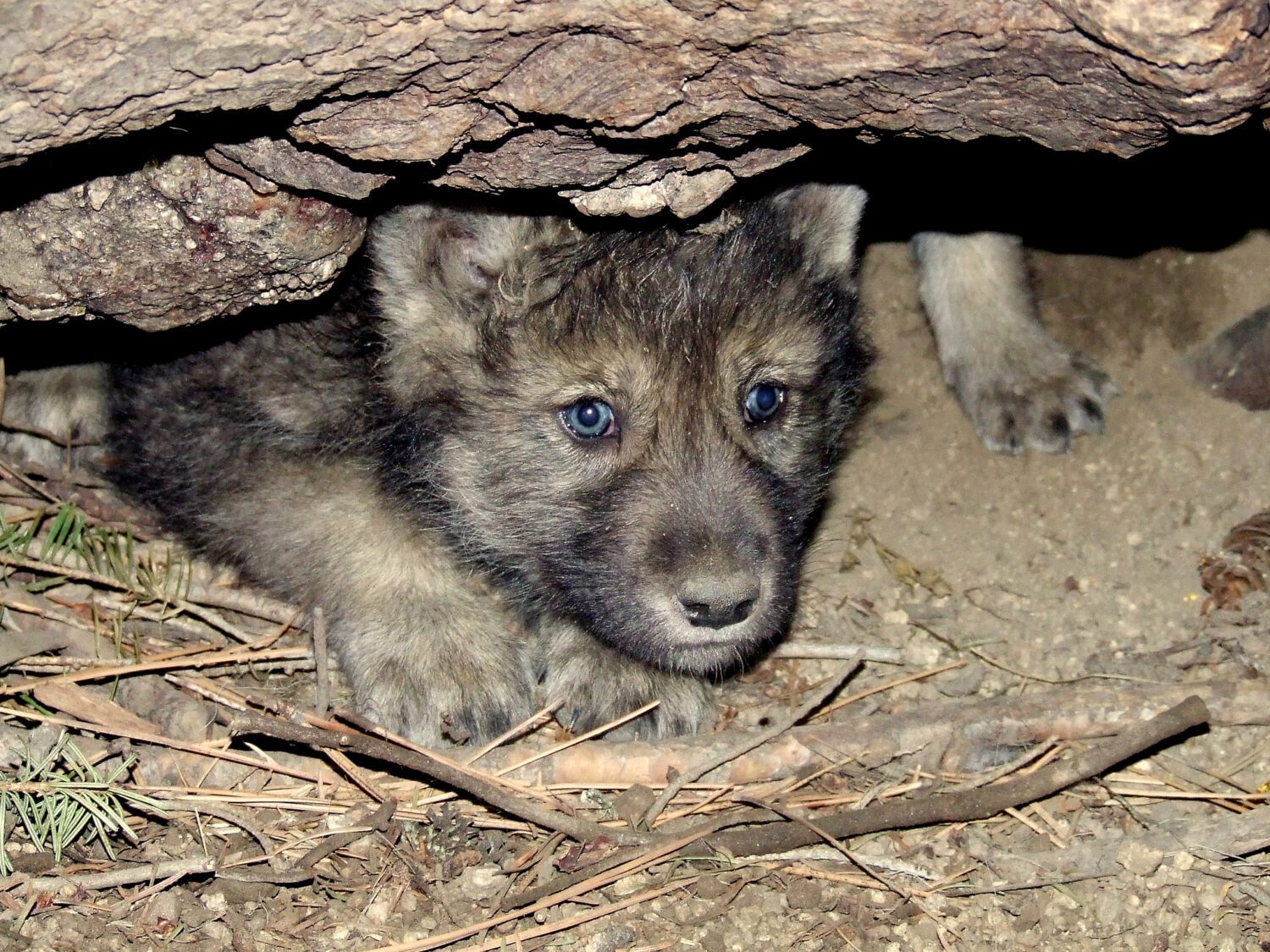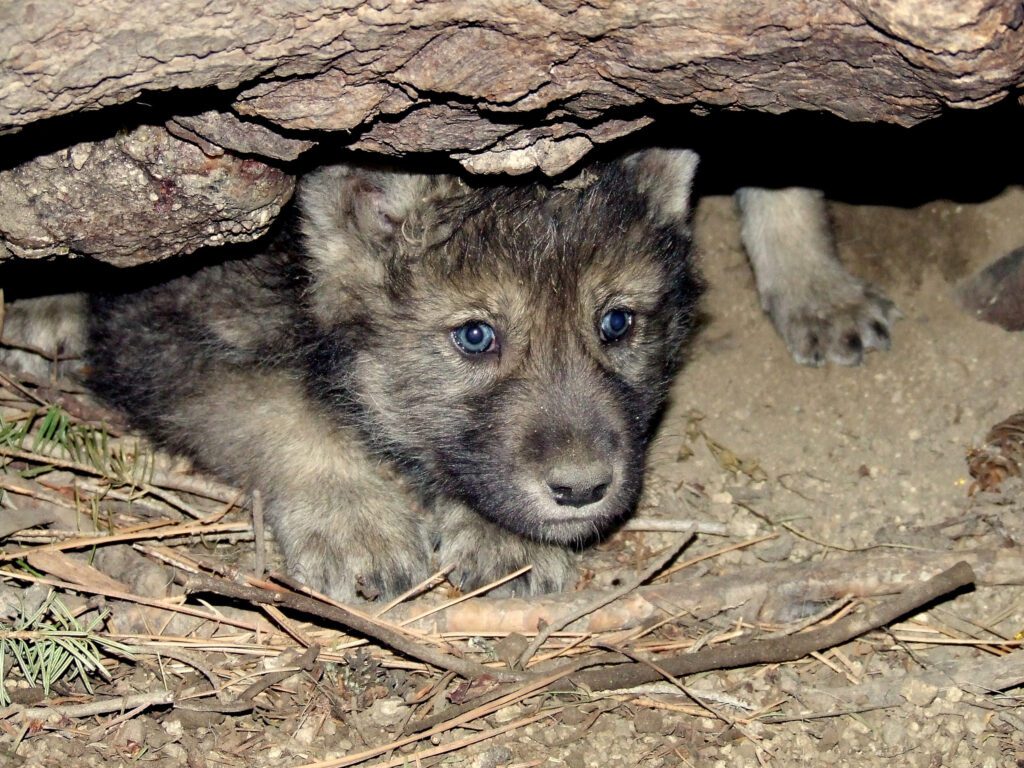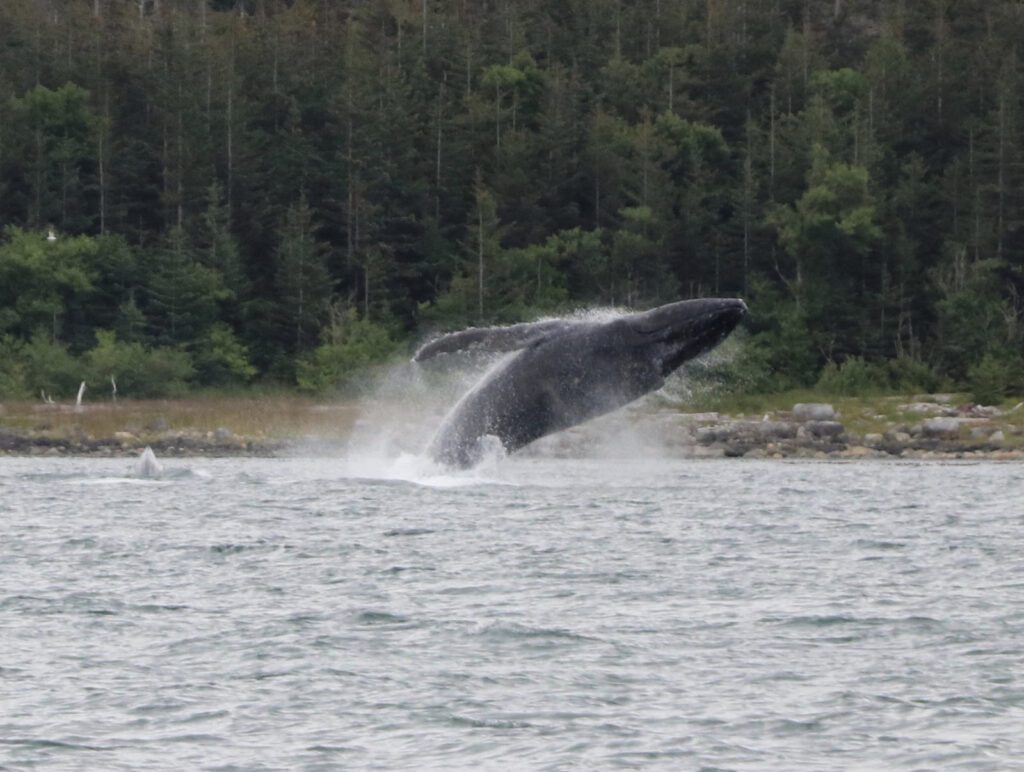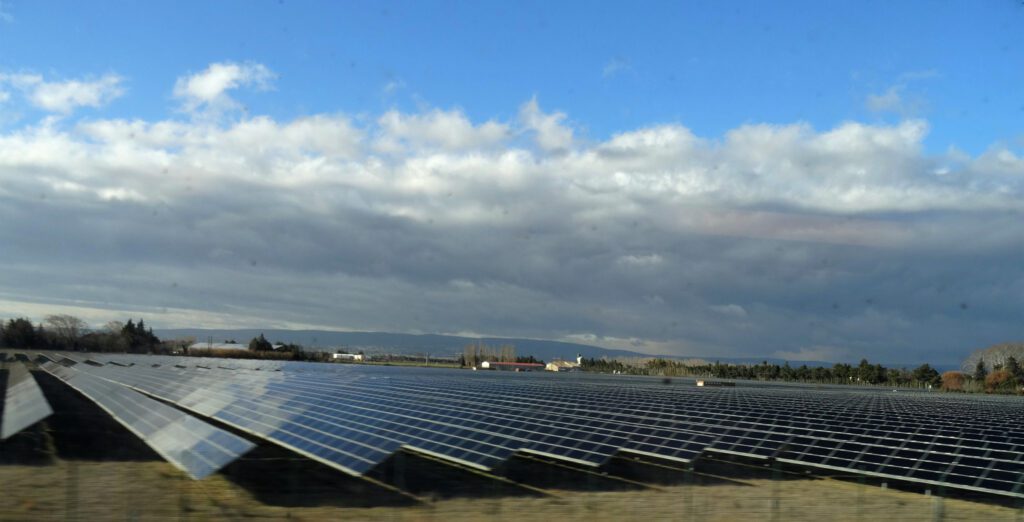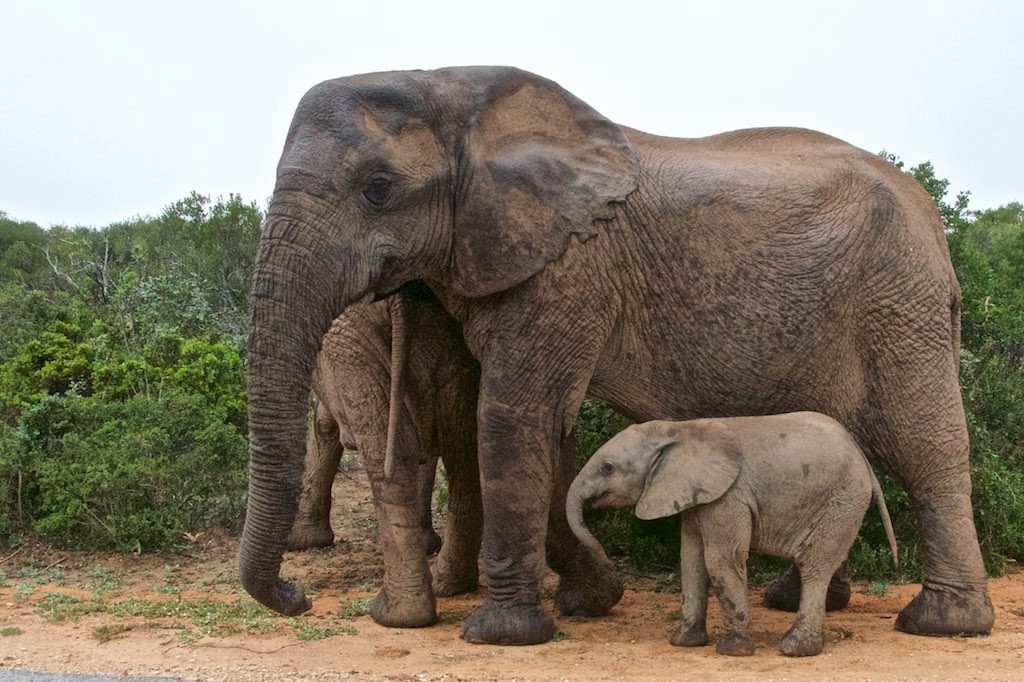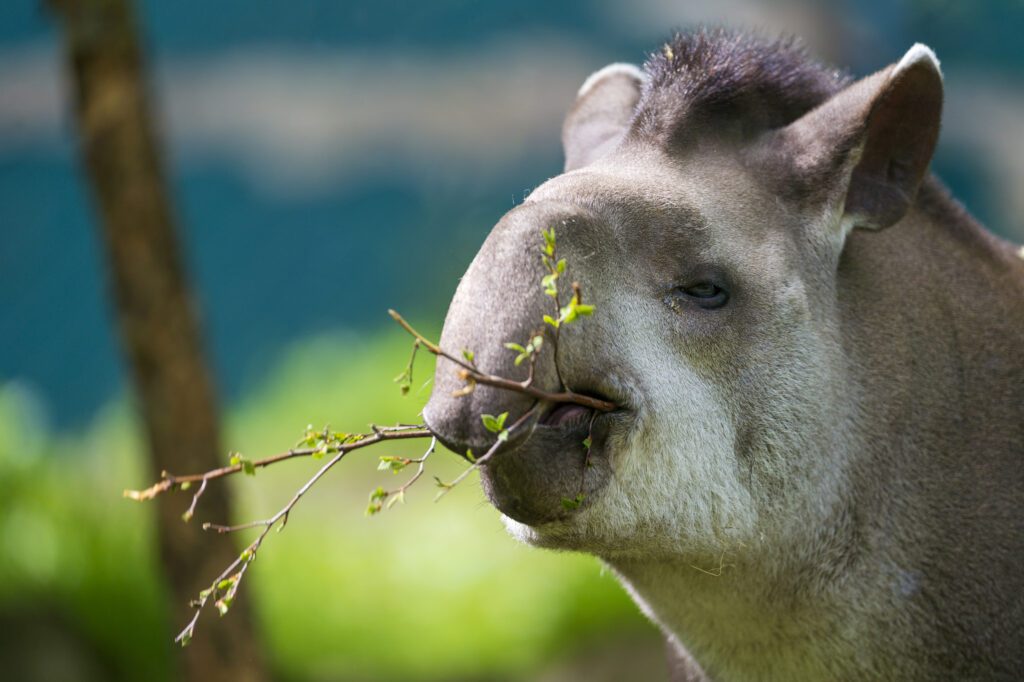

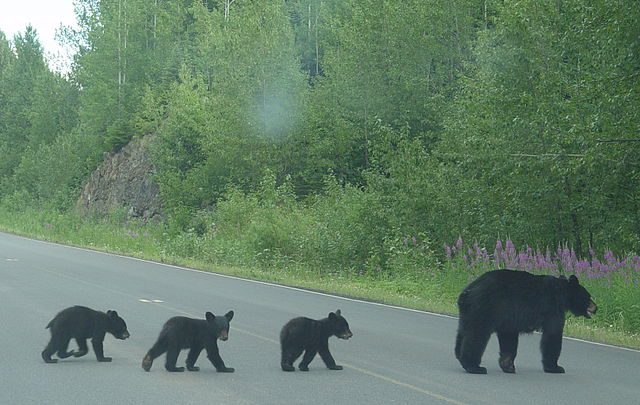
Humane Society of the United States: “They’ll never be able to link it to us.” That’s what Andrew Renner and his son, Owen Renner, thought when they skied to a remote den on Esther Island in Prince William Sound, Alaska and illegally slaughtered a family of hibernating black bears. Their despicable actions were captured on a wildlife camera that was set up to study the bears. The haunting video footage shows the men creeping up to the bears’ winter den and shooting the mother as her two babies shriek in fear, until more shots pierce the air. The hunting of cubs, or a mother bear with cubs, is illegal in this part of Alaska. But that didn’t stop the Renners from murdering innocent animals, posing for a picture with the dead mother on the bloodstained snow and smugly stating, “We go where we want to kill.” Federal law currently forbids this practice on national preserves in Alaska, but the current administration is looking to remove such prohibitions. If this heinous cruelty occurs while protections are already in place, overturning them would all but encourage these massacres to continue.
>>>Tell the U.S. Department of the Interior that you oppose the proposed rule that would overturn the 2015 National Park Service rule currently protecting America’s iconic wildlife from trophy hunters and trappers on federal lands.
Direct Action Everywhere: San Francisco’s fur ban went into effect on January 1 this year, but as the new year started, Saks Fifth Avenue did not put away the fur. They are claiming to have taken advantage of a loophole in the law. They claim that the fur they have for sale was purchased prior to March 20, 2018 when the fur ban was passed, which would allow them to sell the fur until the end of 2019. However, when Almira Tanner, who is a member of the Direct Action Everywhere (DxE) Steering Committee and DxE’s sister group Compassionate Bay, and other activists went into the store to see if it is compliant with the law, the managers of Saks Fifth Avenue failed to produce invoices that would prove that their fur was compliant.
>>>Urge Saks Fifth Avenue to stop selling fur immediately.
MoveOn: In 2015, the World Health Organization’s International Agency on Cancer Research classified glyphosate, the active ingredient in Roundup, as a “probable” human carcinogen. Last year, California’s Supreme Court rejected Monsanto’s challenge to the state’s decision to list glyphosate as a potential carcinogen under California’s Proposition 65, a law requiring the state to publish a list of chemicals known to cause cancer or birth defects. In the U.S., more than 26 million pounds of Roundup are sprayed every year on school grounds, public playgrounds
>>>Tell National School Boards Association President Frank C. Pugh to rid schools of Roundup and other toxic chemicals.
Nebraska League of Conservation Voters: A bill introduced in the Nebraska Legislature would stall clean energy in Nebraska. LB373 would impose some of the most severe state restrictions on wind energy in the country. The bill would require wind turbines to be sited 3 miles (15,840 feet) away from any residential dwelling that doesn’t approve of the project if no local zoning regulations are in place. To put this in perspective, in 2014 the state of Ohio put in place a property line setback of 1,125 feet, which is currently one of the largest setbacks in the country. For four years, Ohio didn’t see a single new wind project, and in November 2018 farmers sued the state over the regulation. If LB373 is passed, the state’s regulations on wind energy would be even more severe.
>>>Urge Nebraska’s State Senators to vote against LB373.
Cause for concern…
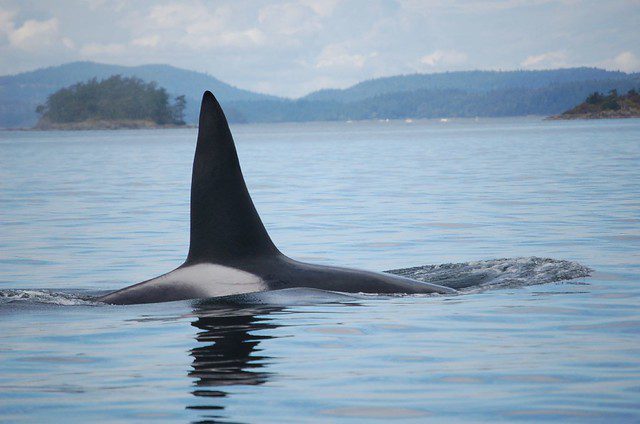
- How the oceans have become hostile for animals (Natasha Daly, National Geographic)
- New climate analysis shows how badly boomers screwed their grandchildren (Brian Kahn, Gizmodo)
- Climate change means nearly all glaciers in the Alps may disappear (Adam Vaughan, New Scientist)
- Culture-driven political pressure keeps wolves, grey whales and sea lions the target of hunters (Merritt Clifton, Animals 24-7)
- Pilot whale dies at SeaWorld in Orlando following ‘health decline’ (BBC News)

- Photo gallery: Former dogfighting victims are now living their best lives (ASPCA)
- Obama praises youth climate activists: ‘The sooner you start, the better’ (Justin Wise, The Hill)
- Mayfly invasion, ripples in the sky and a jumping squid: Award-winning photos of scientists at work (Jack Leeming, Nature)
- Wendy’s not welcome on University of Michigan campus until the fast food giant joins the Fair Food Program (Coalition of Immokalee Workers)
- Vegans are the healthiest and may have longer lives, says study (Melissa Matthews, Men’s Health)
Parting thought…
“Humanity’s true moral test, its fundamental test … consists of its attitude towards those who are at its mercy: animals.” —Milan Kundera
